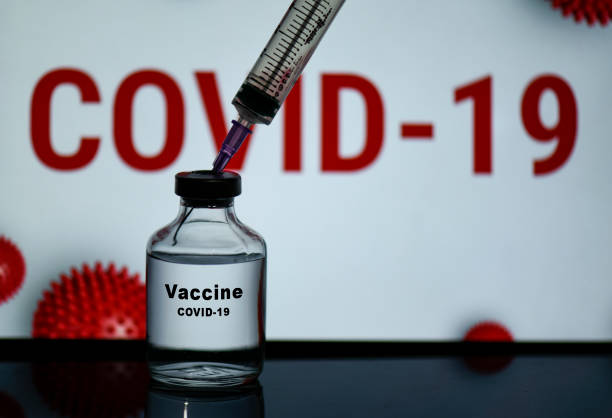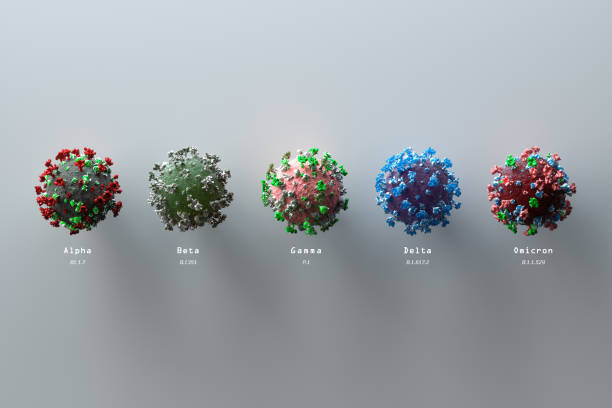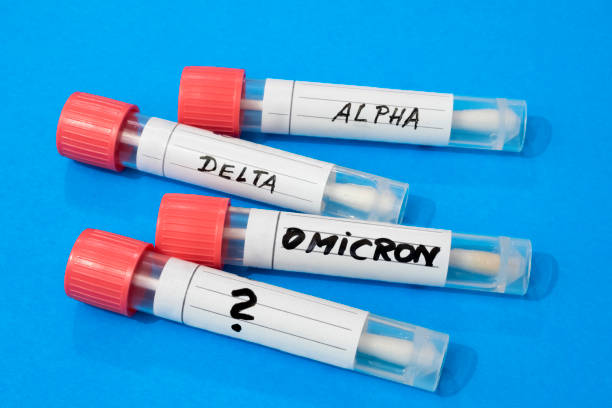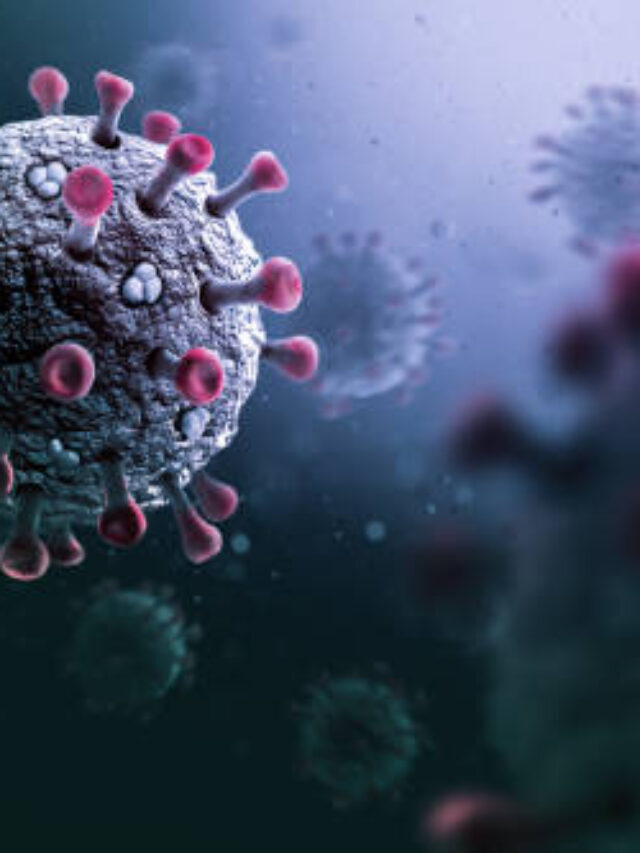Variants in the United States
Get the facts about COVID-19 and the virus that causes it, including how it spreads and new variants.

Protect Your Family Members
The CDC advises getting the COVID-19 vaccination for anybody older than six months, and if they are eligible, getting boosters for everyone older than five. Some members of your family might need to take additional precautions to properly protect themselves from COVID-19, such as
1 Anyone not up to date with their COVID-19 vaccines
2 People with weakened immune systems or underlying medical conditions
Variants of the Virus
What You Need to Know
- It is anticipated that SARS-CoV-2, the virus that causes COVID-19, may develop new variations.
2. To keep track of the spread of all varieties, the CDC collaborates with regional, state, and municipal public health officials.
3. The Omicron form can infect persons who have had a vaccination or who have previously had COVID-19. It is still circulating in communities.
4. Having current COVID-19 vaccinations lowers your chance of developing a serious disease, requiring hospitalisation, and passing away from COVID-19.

Variants in the United States
During this pandemic, a number of COVID-19 viral variants are being monitored both domestically and internationally. The CDC is collaborating with public health experts to track the distribution of all variations and to estimate their frequency both nationally and regionally. With the availability of new information, this data may evolve over time.
Omicron
Original Lineage: B.1.1.529
Currently Circulating Lineages: BA.2, BA.4 and BA.5
The Omicron variant, like other variants, is made up of a number of lineages and sublineages.
Although these lineages are frequently extremely similar to one another, there may be variations across lineages that influence how the virus behaves. For the most up-to-date information on circulating variations, go to the CDC’s COVID Data Tracker.
Omicron spreads more easily than earlier variants, including the Delta variant.
Regardless of immunisation history or the presence of symptoms, everybody with an Omicron infection has the potential to infect others. Omicron may result in reinfection even in those who have recovered from COVID-19, according to data.
Symptoms are similar to previous variants
other health conditions, age, COVID-19 vaccination status, and a history of past infection can all influence the occurrence and severity of symptoms.
Omicron causes less severe illness and death in general, according to data
However, a surge in cases may lead to increases in hospitalizations and deaths.
Vaccines help prevent severe illness, hospitalizations, and death
People who have received the vaccine should be prepared for new Breakthrough infections The advent of the Omicron variety highlights the need of immunisation and booster shots even more.
Antiviral treatments are effective
Some, but not all, monoclonal antibody treatments remain effective against Omicron. Public health agencies work with healthcare providers to ensure that effective treatments are used appropriately to treat patients.

Variants Are Expected
People who have received the vaccine should be prepared for new illnesses. The advent of the Omicron variety highlights the need of immunisation and booster shots even more.
Whatever the variation, an increase in instances can have an impact on healthcare resources.
Even if a variation generally results in a less severe condition, a rise in the overall number of cases might result in an increase in hospitalisations, place greater pressure on the healthcare system’s resources, and even increase the number of fatalities.
Monitoring Variants

In order to best safeguard the public’s health, CDC employs viral genomic surveillance to promptly discover and track COVID-19 variations. The spread of some variations more rapidly and easily than others might result in an increase in COVID-19 instances.
Scientists keep an eye on all variations, however, some may be categorised as:
Variants Under Monitoring: No Public Health Risk; circulating in the United States in quite low amounts
Potential effects on spread, severity, diagnosis, treatment and immunisations are among the variations of interest;
Evidence that it has increased the number of patients or generated unusual outbreak clusters
Concerning Variations: Impact on Severity, Testing, Treatment, and Vaccination
High Consequence Variants: Clearly demonstrated considerable influence on the severity and spread, and diminished efficacy of testing, treatment, and vaccine
In order to better safeguard the public’s health, the CDC in the United States employs viral genomic surveillance to track COVID-19 variations and to more promptly detect and take action on these results. In order to integrate and distribute viral genomic sequence data provided by the CDC, public health laboratories, and commercial diagnostic laboratories in publically available databases, CDC built a number of different channels.



